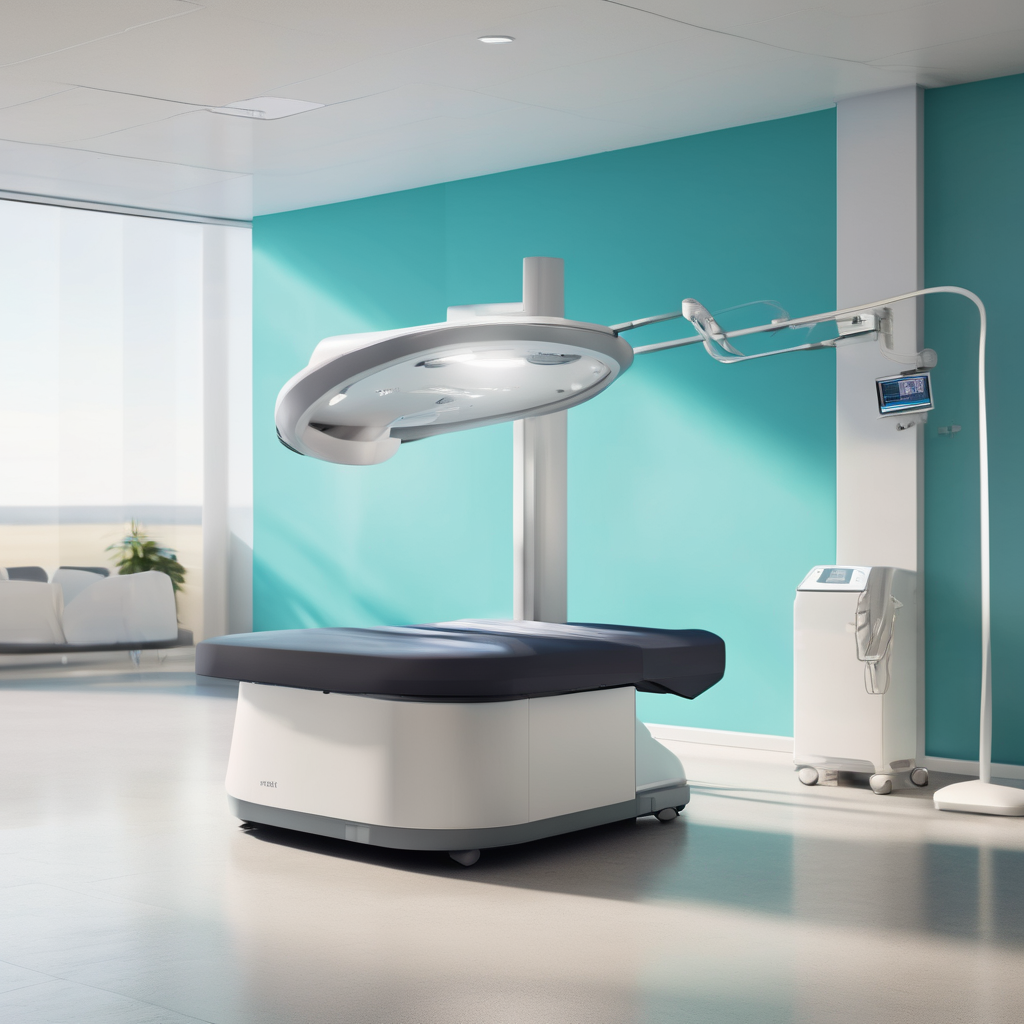Fiji is currently grappling with an urgent health issue as cancer rates continue to rise, leading to an alarming increase in mortality associated with the disease. Senior surgeon Dr. Josese Turagava has brought attention to the critical need for advanced medical equipment, specifically a radiation therapy machine and a Thermoacoustic Tomography (TAT) scanner, which could significantly lower cancer fatalities in the country. Speaking at the recent Fiji Oncology Conference held at the Holiday Inn, Dr. Turagava urged the Fijian government to prioritize investment in these essential technologies to enhance early cancer detection and treatment.
For over two decades, there has been ongoing discourse surrounding breast cancer and other malignancies, revealing a pressing deficiency in radiotherapy services in Fiji. Dr. Turagava emphasized that the lack of these facilities often leads to late-stage cancer diagnoses, contributing to the high death rate. He stated, “If the Government can spend a little bit more on these machines, we can save about 20 to 30 percent of cancer patients,” highlighting the transformative potential of timely medical interventions.
Assistant Health Minister Penioni Ravunawa has announced that the government is beginning to seek private investment to install radiotherapy machines in local hospitals. This move could provide critical treatment options for cancer patients who currently have to travel abroad for radiotherapy, a service that is largely unavailable locally.
Health Minister Dr. Atonio Lalabalavu has acknowledged the rise in cancer incidences affecting various demographics in Fiji and outlined the government’s commitment to improving cancer management. This includes plans for a public-private partnership aimed at establishing a radiotherapy center at Lautoka and Ba Hospitals. Dr. Lalabalavu has also mentioned the importance of updating the Radiation Health Act of 2009 to facilitate the introduction of these vital services.
The conversation surrounding enhanced cancer treatment is part of a larger movement advocating for concerted efforts against the disease. There is a strong emphasis on increasing public awareness regarding cancer symptoms and the critical importance of early detection, both of which are essential for combating the rising mortality rates associated with cancer.
Despite the challenges, there is a growing sense of optimism in Fiji as community involvement and grassroots initiatives increasingly prioritize early detection and education for patients. With collaborative efforts among healthcare providers, government bodies, and community organizations, Fiji is taking proactive steps towards a healthier future and more effective cancer care strategies.
